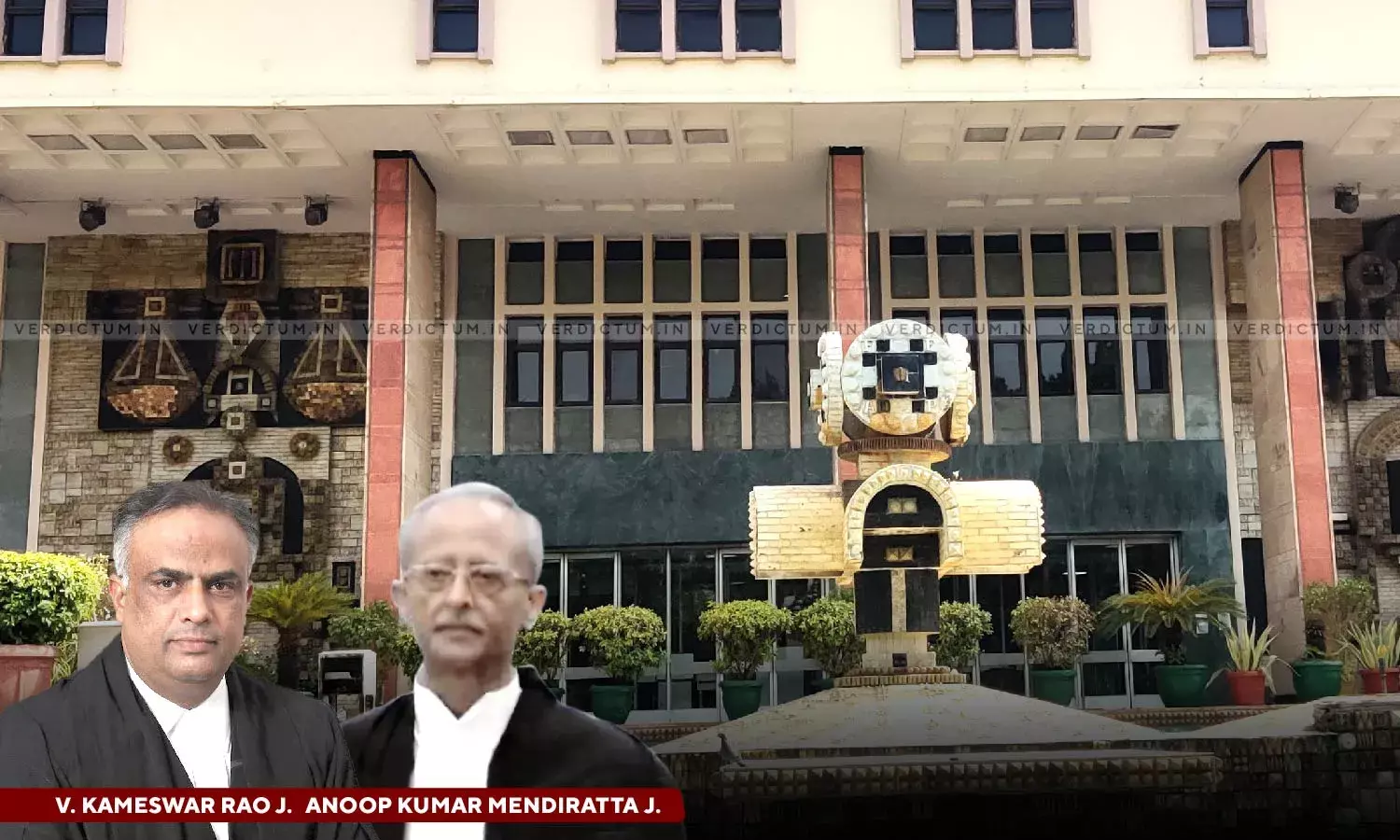Decision Remains In Exclusive Domain Of Academic Experts: Delhi HC Rejects Petition Alleging CSAT Questions As Out Of Syllabus
The Delhi High Court has dismissed a petition alleging that the questions in the aptitude test of UPSC (Union Public Service Commission) were out of syllabus. It said that such a decision remains in exclusive domain of the panel of academic experts.
The challenge in the writ petition was to an order passed by the Central Administrative Tribunal (CAT) whereby it dismissed the plea filed by the petitioners who were Civil Service aspirants.
A Division Bench comprising Justice V. Kameswar Rao and Justice Anoop Kumar Mendiratta held, “The only ground set up by the petitioners to attack the question paper is that some questions were of Class XI & XII level. Suffice it to state, the decision as to what questions need to be included in the paper, and what should be the nature and complexion of such questions, necessarily remains in the exclusive domain of the panel of academic experts. Such a decision cannot be assailed before us in judicial review, only on the ground that some questions were out of syllabus.”
The Bench said that the case set up by the petitioner that they did not have a level playing field in the CSAT (Civil Services Aptitude Test) Exam cannot be accepted.
Advocates Saaket Jain and Shivangi Anand represented the petitioners while Advocate Naresh Kaushik represented the respondent.
In this case, the petitioners were Civil Service aspirants and had participated in the Civil Services Examiniation-2023 (CSE-2023) conducted by the UPSC. The examination, conducted in three stages was yet to be concluded and the petitioners participated only in the first stage, which was the preliminary examination. Their grievance before the Tribunal was that General Studies Paper-II or the Civil Services Aptitude Test (CSAT), which forms one of the two papers in the preliminary examination contained a large number of questions, which were not in accordance with the syllabus notified for the said examination.
It was also represented that the qualifying marks in CSAT Paper-II were 33% and that the syllabus for the CSAT/Paper-II was supposed to be of Class X Level Arithmetic/Mathematics, whereas a large number of questions asked in the said paper related to Commutation, Permutation and Combination, which was not a subject taught in Class X. The Tribunal, however, dismissed the plea of the petitioners aggrieved by which they approached the High Court.
The High Court in the above context of the case noted, “As per the information given with regard to seven petitioners, it is clear that all of them do not belong to Humanities background. Infact, we find that two of the petitioners are from Engineering and Mathematics background. … We agree with the conclusion arrived by the Tribunal in paragraphs 22, 23, 24 & 25, which we have already reproduced above.”
The Court observed that it cannot sit in appeal against the considered decision of such a panel of academic experts, unless such decision is demonstrated to be manifestly arbitrary, malafide, or illegal.
“The Tribunal had rightly observed that the said judgments restrain judicial bodies/fora from interfering with competitive selection processes merely on the ground that some of the candidates may have questioned the selection process or the syllabus of the examination, even though they had voluntarily participated in the examination. It is not for this Court to examine or question the wisdom of the panel of experts that has prepared the question paper, and re-assess the relative merits of the questions”, said the Court.
Accordingly, the High Court dismissed the petition.
Cause Title- Siddharth Mishra & Ors. v. Union Public Service Commission (Neutral Citation: 2023:DHC:6010-DB)




